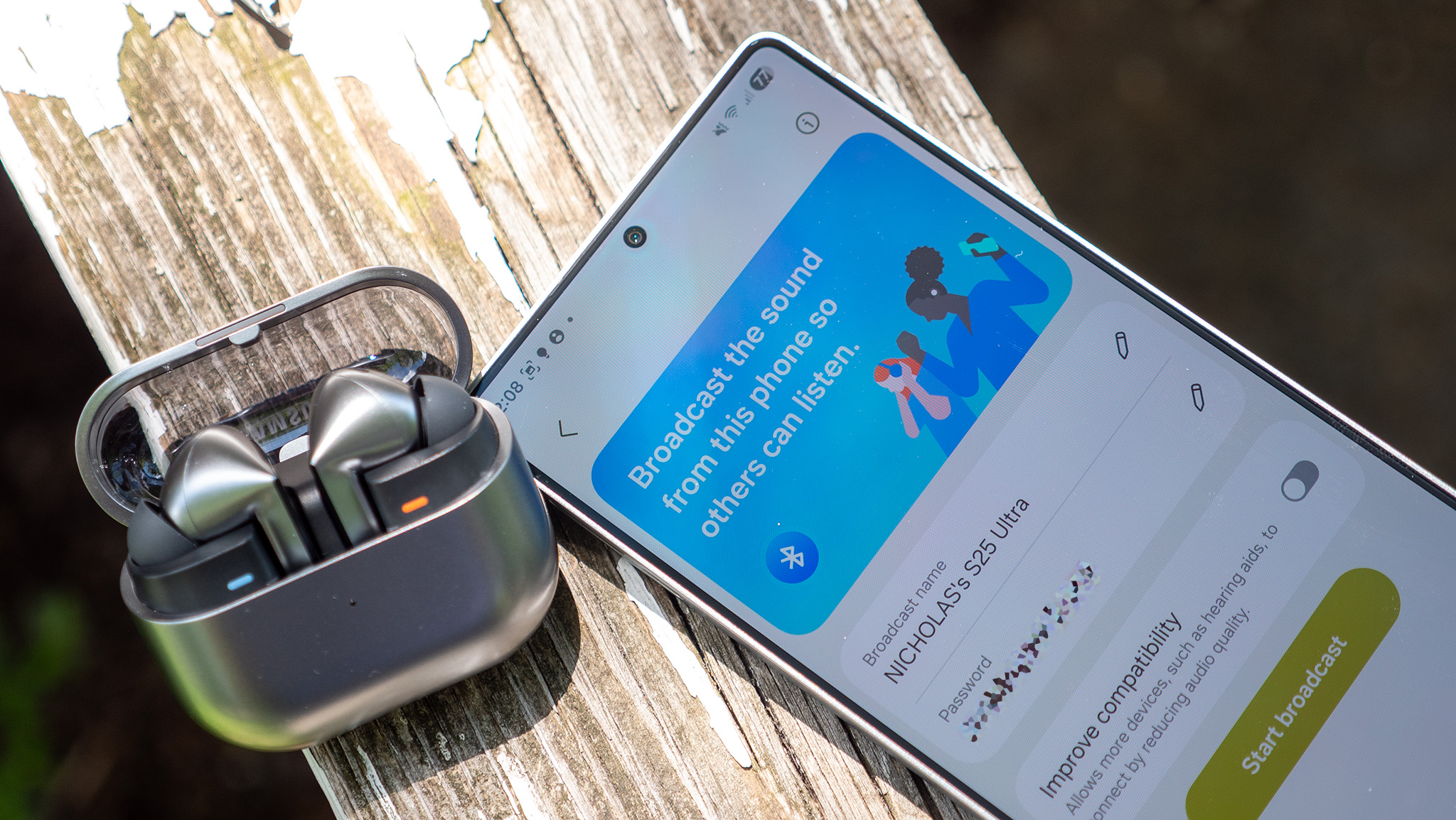Which Android phones have eSIM support?
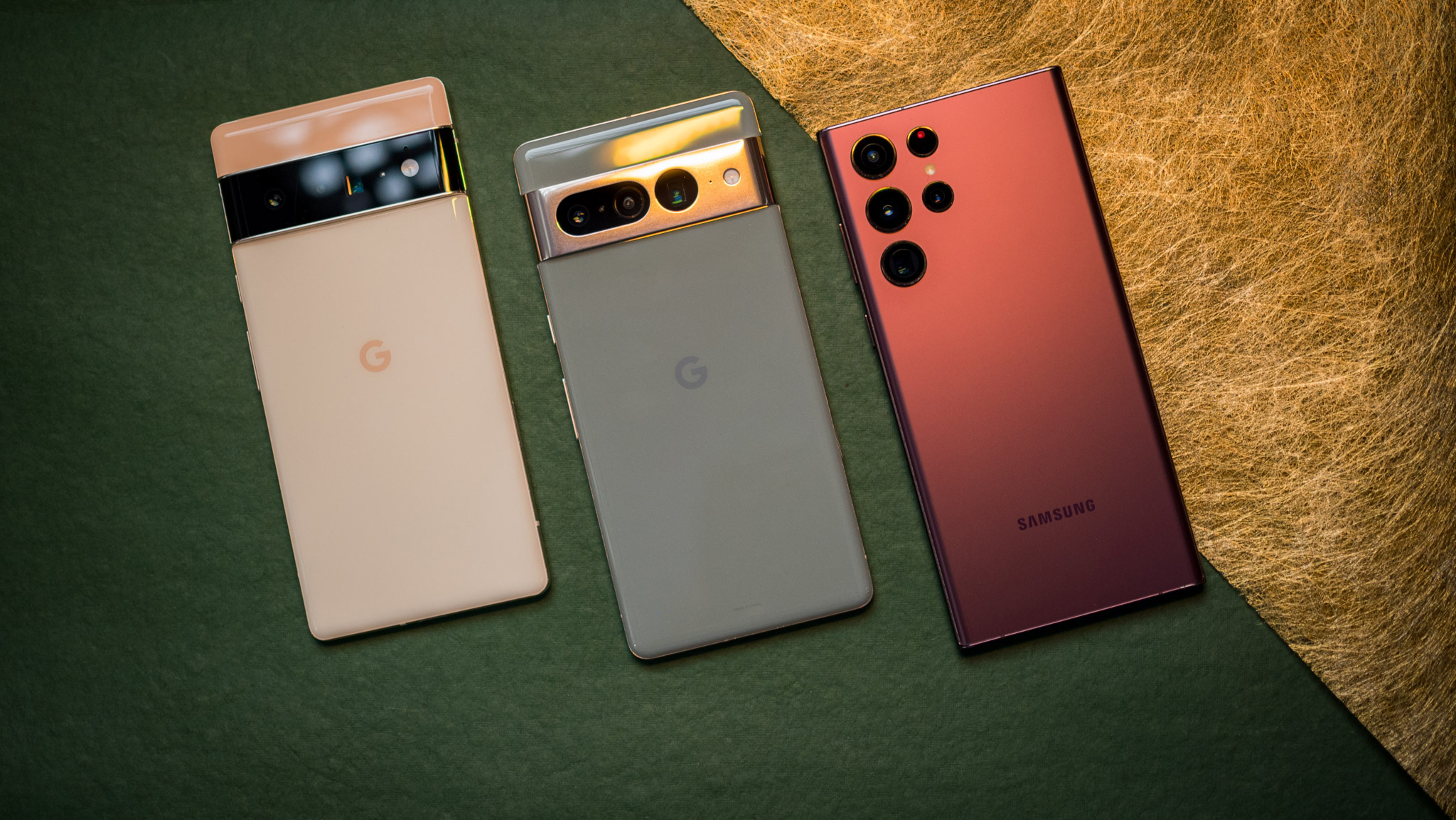
Nowadays getting a cellphone plan can be as easy as downloading an eSIM directly onto your Android phone. While the technology isn't widely adopted just yet, big tech companies are slowly but surely bringing the feature to more and more flagship smartphones.
Although Google took the lead with eSIM support in phones as early as the Pixel 2 series, Samsung has done a great job of it recently and now has more compatible devices in its roster. To make things much easier, we've rounded up every single Android phone that has eSIM support right here. We'll be updating this list periodically with new devices to keep you well-informed.
Samsung
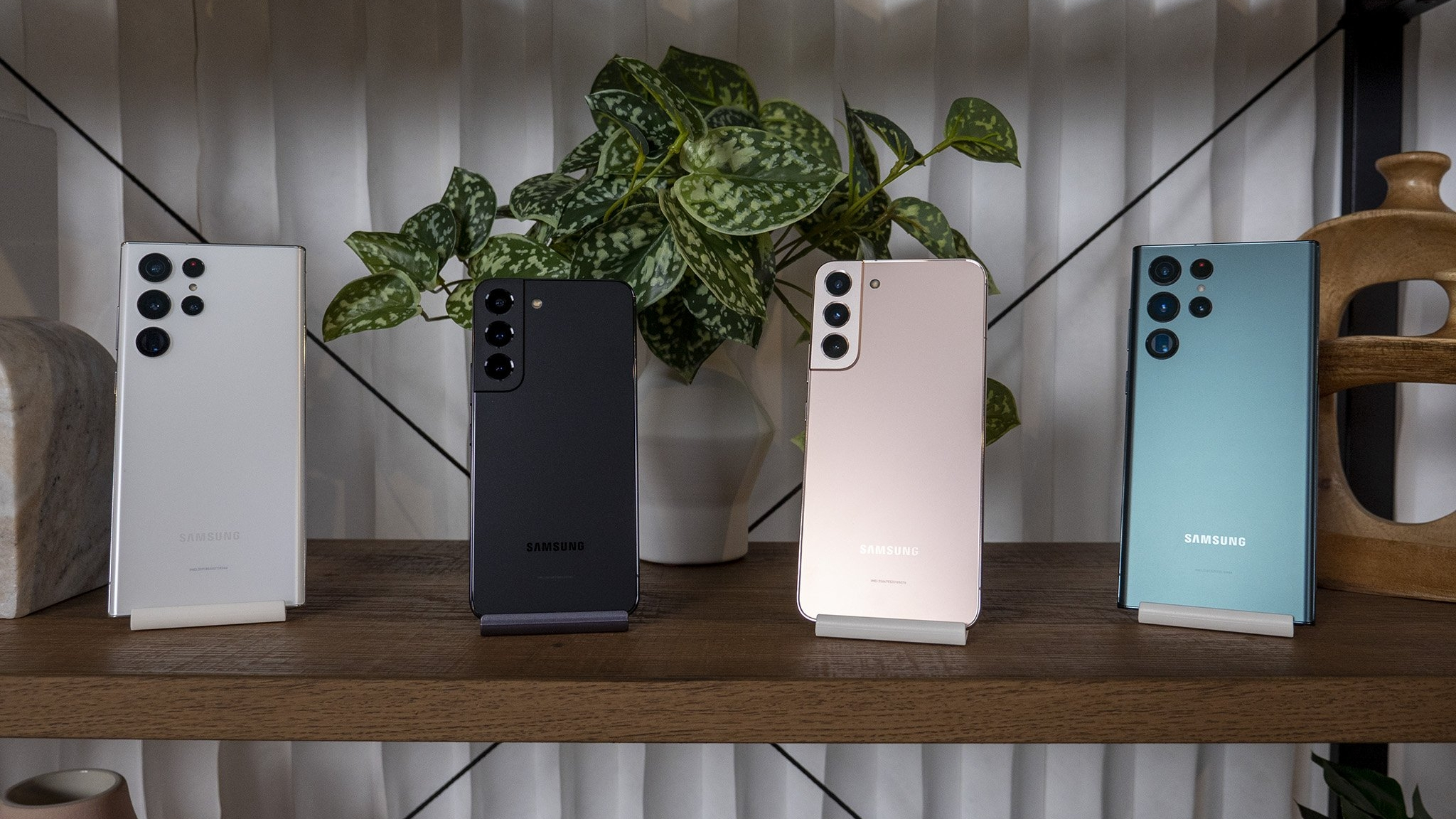
- Samsung Galaxy Z Fold 4 / Z Flip 4
- Samsung Galaxy S22 / S22+ / S22 Ultra
- Samsung Galaxy Z Fold 3 / Z Flip 3
- Samsung Galaxy S21 FE / S21 / S21+ / S21 Ultra
- Samsung Galaxy Note 20 / Note 20 Ultra
- Samsung Galaxy Z Flip / Z Flip 5G
- Samsung Galaxy Fold / Z Fold 2
- Samsung Galaxy S20 / S20+ / S20 Ultra
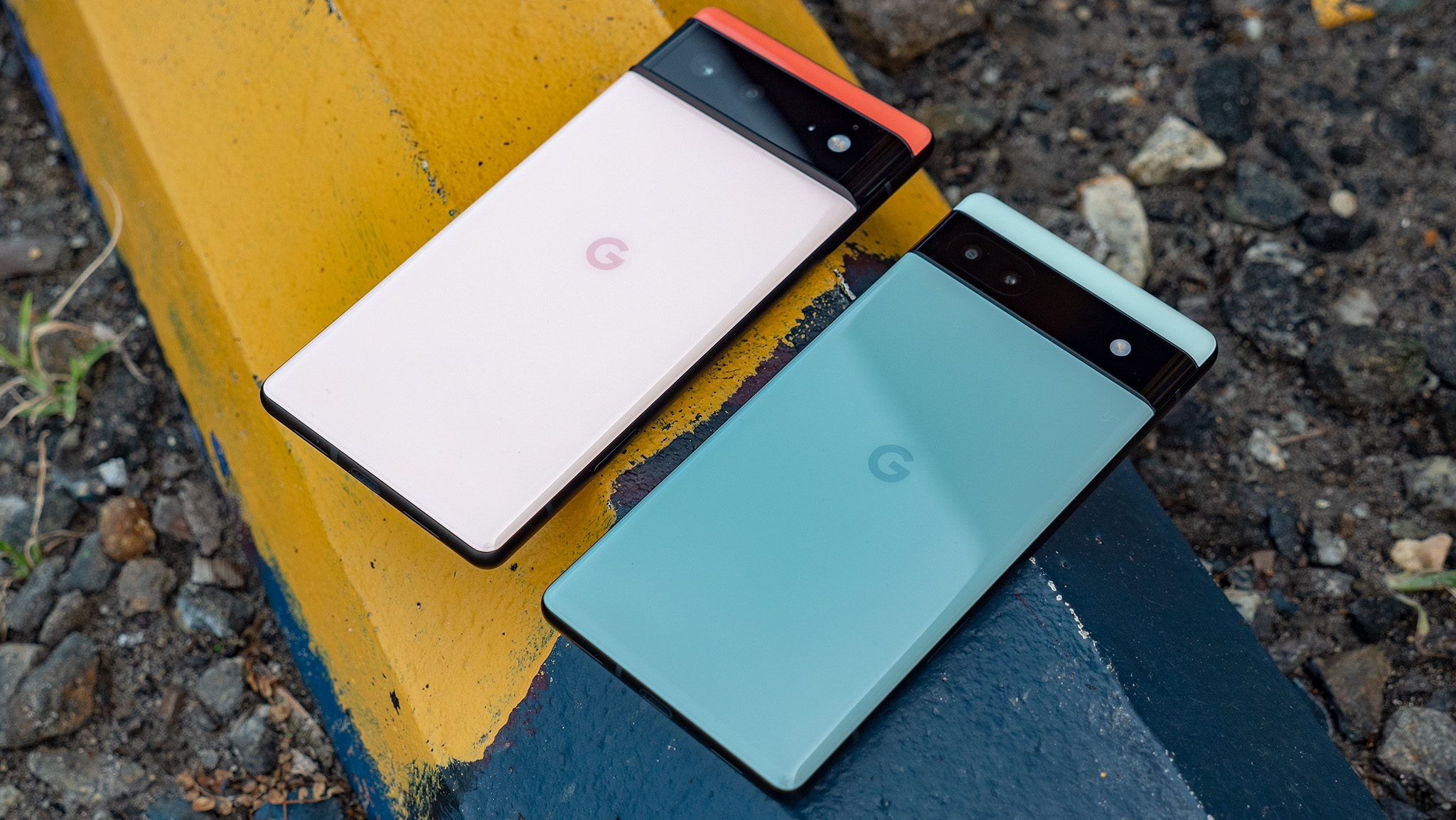
- Pixel 7 / 7 Pro
- Pixel 6 / 6 Pro
- Pixel 5
- Pixel 4 / 4 XL
- Pixel 3 / 3 XL
- Pixel 2 / 2 XL
Sony

- Xperia 5 IV
- Xperia 1 IV
- Xperia 10 IV
- Xperia 10 III Lite
Motorola
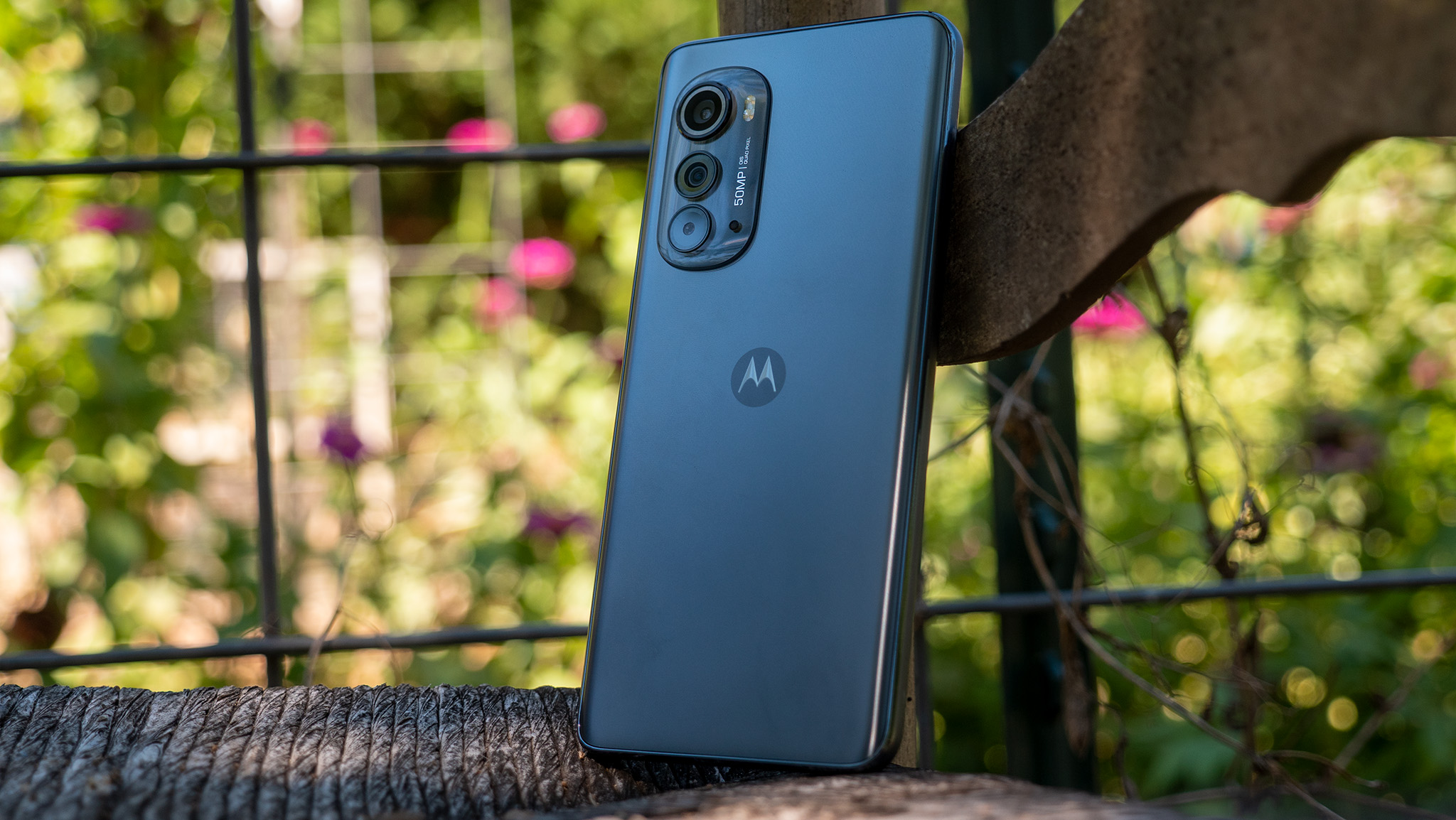
- Motorola Edge (2022)
- Motorola Razr (2022)
- Motorola Razr 5G
- Motorola Razr (2019)
Nokia
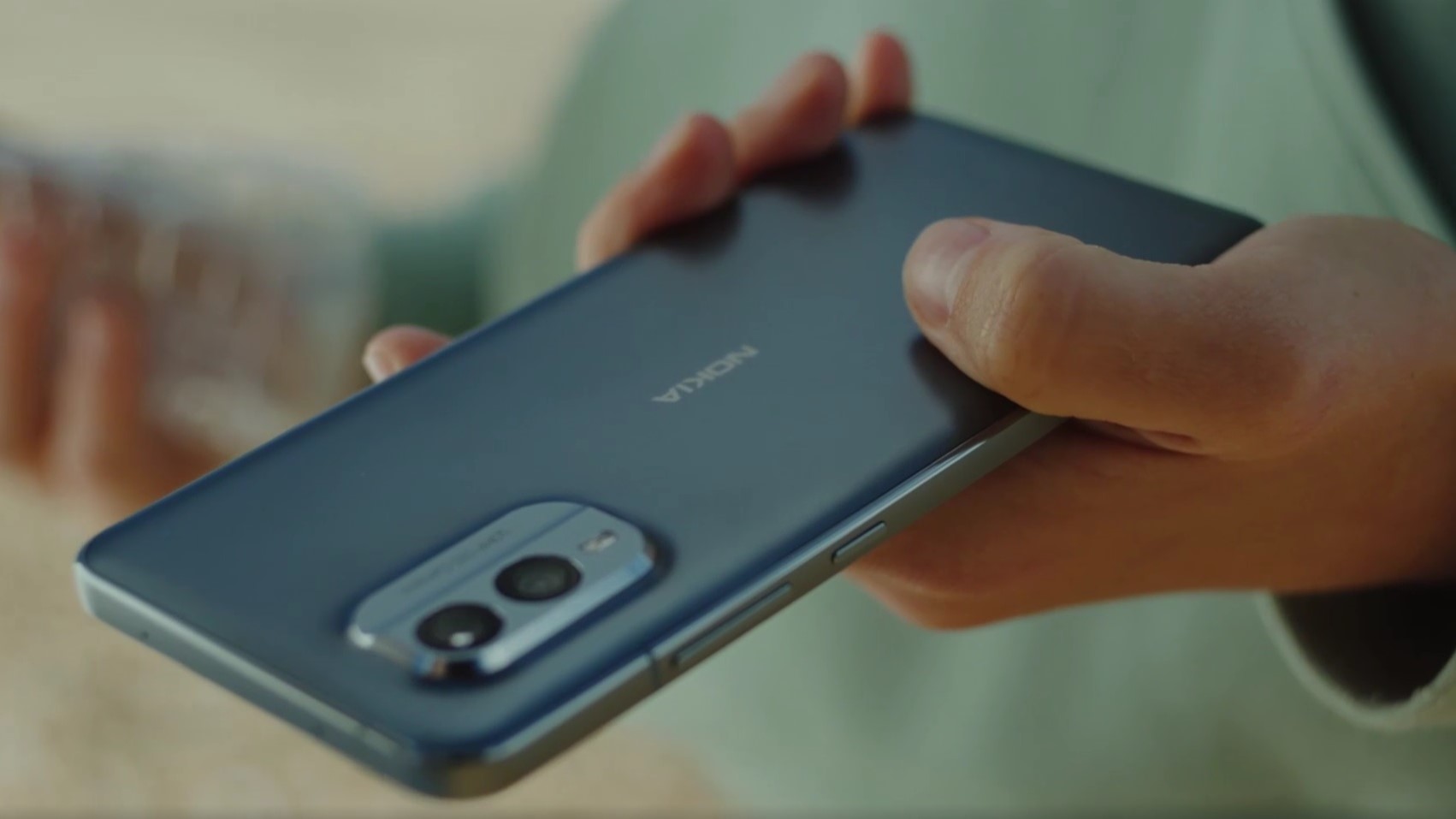
- Nokia X30
- Nokia G60
OPPO
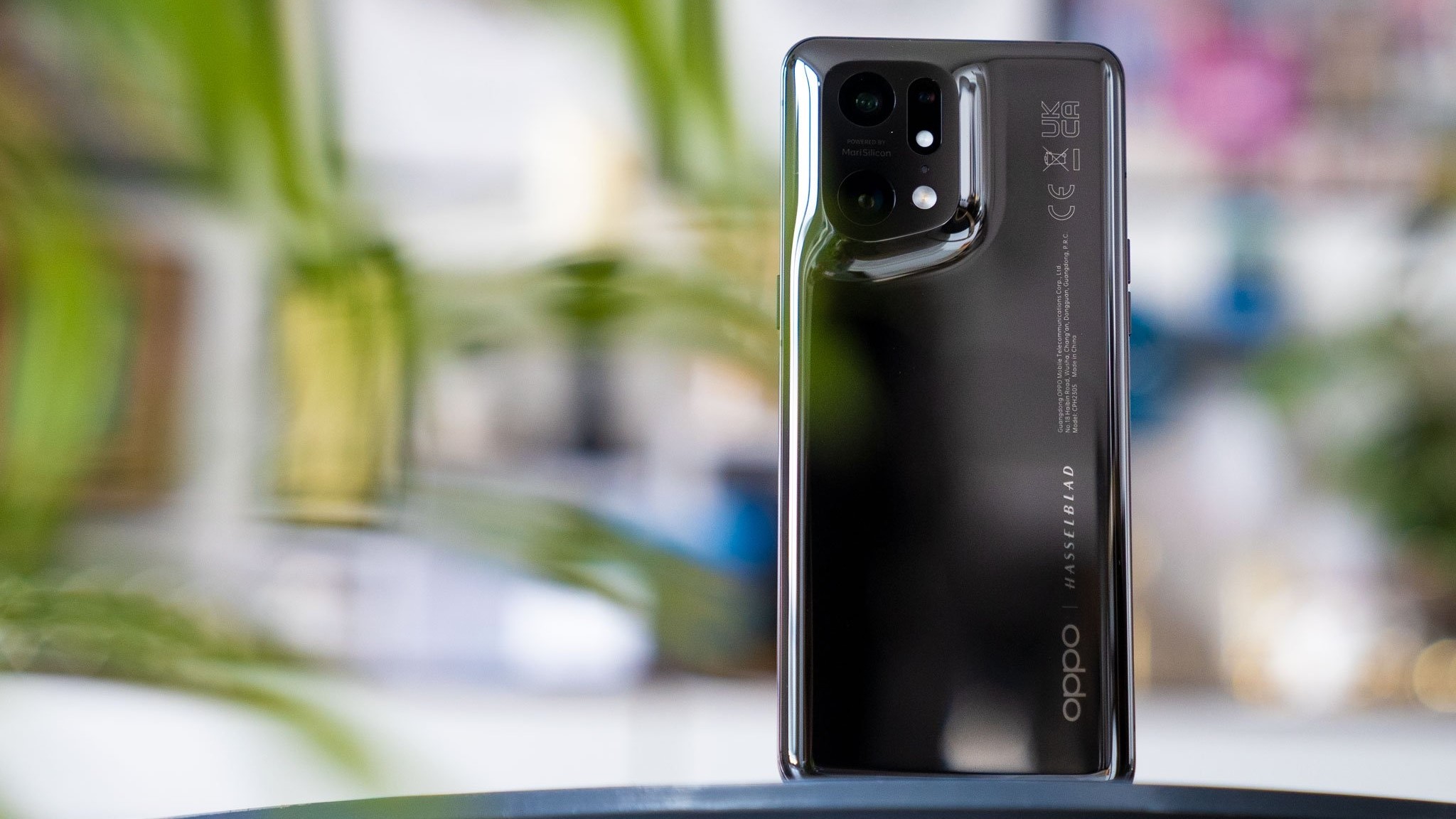
- OPPO Find X5 / Find X5 Pro
- OPPO Find X3 / Find X3 Pro
Huawei
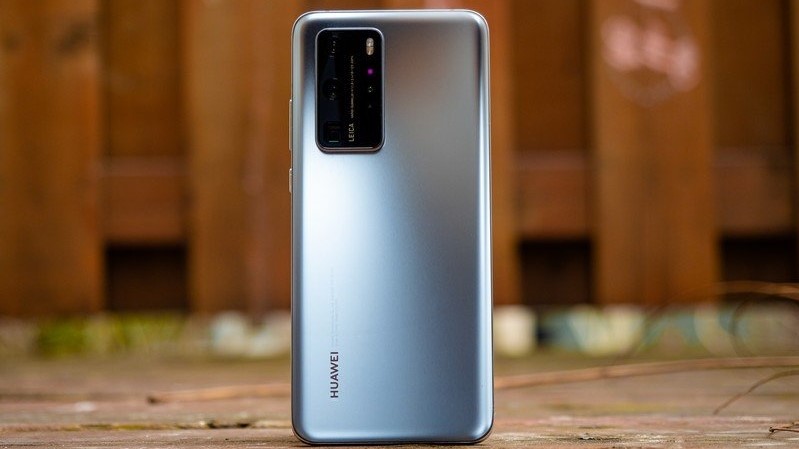
- Huawei P40 / P40 Pro / P40 Pro+
- Huawei Mate 40 Pro
The rest
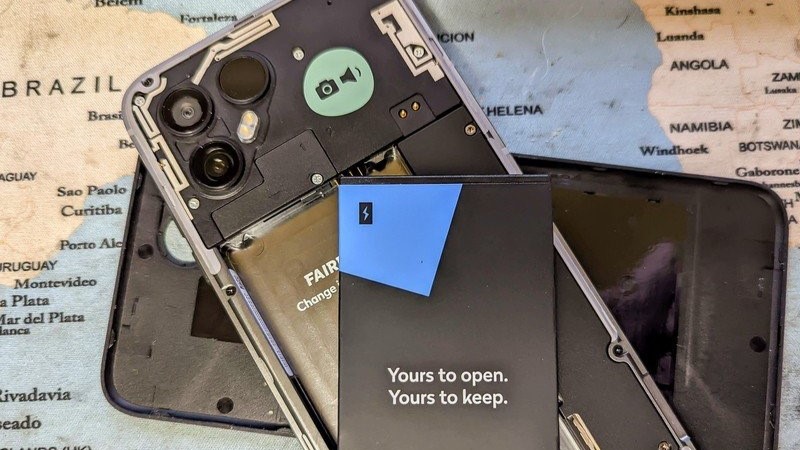
- Xiaomi 12T Pro
- Fairphone 4
Just what exactly is an eSIM anyway?
Why you can trust Android Central
We have covered eSIMs and eSIM-only devices launched by Apple previously, where Android Central's Jerry Hildenbrand delved into the topic extensively. To borrow his words, here's his explainer about eSIM technology and how it works.
An eSIM (electronic Subscriber Identity Module) is the part that acts as the interface between your phone and your carrier. It's essentially the same as a "regular" SIM card, except it uses a chip inside the phone to hold all the data, instead of a chip inside the phone to read and write data stored on the SIM card.
An eSIM holds a 17-digit code that designates your country of origin, your carrier, and a unique user ID. It's what allows the phone company to bill you and what identifies you on the network.
Without a SIM card of some sort — either a small physical card or a programmable module — your phone isn't going to be able to use any carrier network.
Is it a good idea to get an eSIM?
Unlike Apple's devices, 99% of Android phones that support eSIMs aren't limited to that option. So you can always switch back to a physical SIM card if your experience doesn't go as you'd hoped.
Since eSIM technology isn't as widely adopted, the technology isn't perfect just yet. There are plenty of points for and against getting an eSIM, but the biggest factor to consider is your phone's cell phone plan. Scout the networks that offer eSIM plans before jumping the gun. If the price and coverage are to your advantage, using an eSIM could be a very positive change in your life.
T-Mobile Magenta
Enjoy the ultimate cell phone plan from T-Mobile on your eSIM. You get perks like 100GB of high-speed data, unlimited hotspot data, unlimited international data and texting, and a Netflix subscription included for the price.
Get from: From $70/mo. at T-Mobile
Get the latest news from Android Central, your trusted companion in the world of Android

Namerah enjoys geeking out over accessories, gadgets, and all sorts of smart tech. She spends her time guzzling coffee, writing, casual gaming, and cuddling with her furry best friends. Find her on Twitter @NamerahS.

